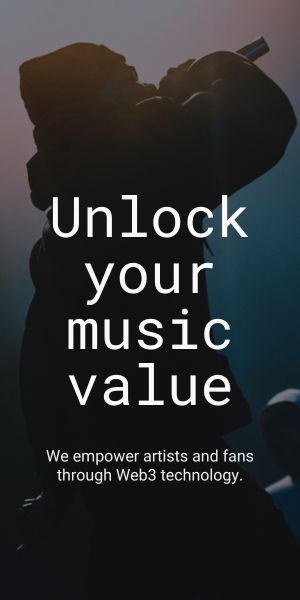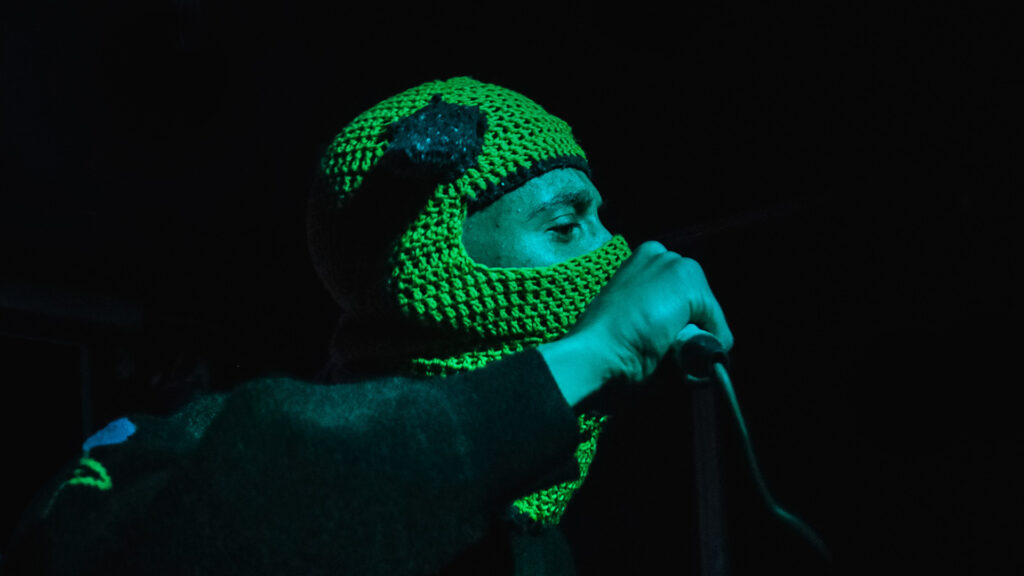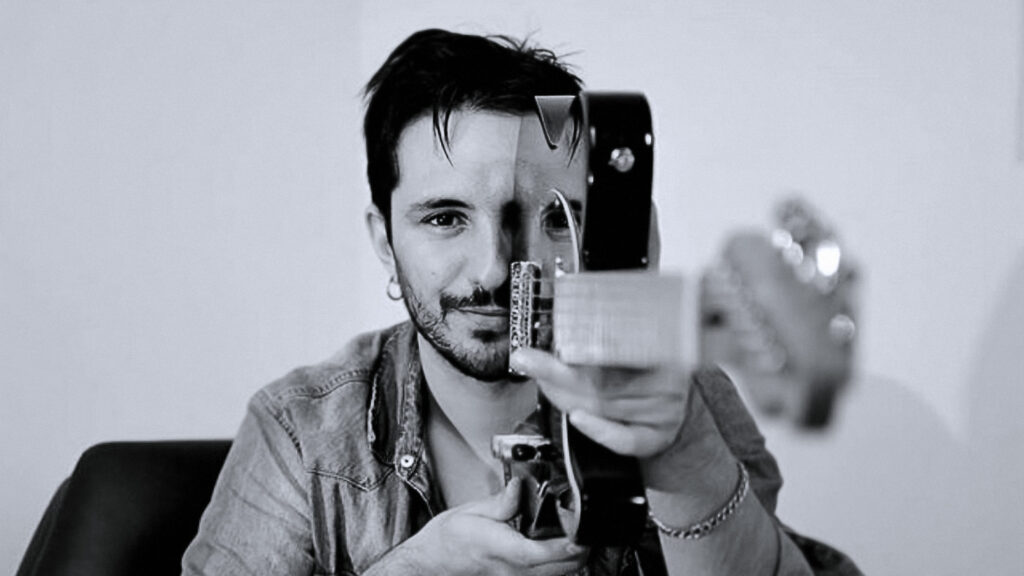[soundcloud url=”https://api.soundcloud.com/tracks/228647528″ params=”color=000000&auto_play=false&hide_related=false&show_comments=true&show_user=true&show_reposts=false” width=”100%” height=”166″ iframe=”true” /]
When divisive artist Banksy stencilled the words ‘In the future everyone will be anonymous for 15 minutes’ across a television screen for an exhibition in 2006, questions were raised as to exactly what he meant. That the rise of social media will make it easier to be faceless, hidden behind an avatar never to reveal our true selves to the world? That the rise of surveillance will mean we can only hope to achieve anonymity for such a short period? That artists, inspired by Banksy’s success, will increasingly use anonymity as a marketing tool?
Nearly ten years on we find ourselves in a culture of selfies, status updates and snapchats, where the tendency is for overexposure and we’re treated to unending insights into celebrities’ daily lives. A picture of Beyonce’s orange juice gets 472 thousand likes, Skrillex having his hair cut gets 126 thousand, Pharrell’s Tic-Tacs (not a euphemism) get 85 thousand. Amongst all this, however, there’s a growing trend in the music industry to be deliberately mysterious, faceless and anonymous.
Obviously this isn’t new, artists have performed under pseudonyms for centuries, and since Daft Punk first donned their masks in the mid-90s there has been a steady stream of musicians – predominantly electronic – doing what they can to keep out of the public eye. These days however it seems to be increasingly common, in an almost overt protest against the online personality contests that seem to have become an entrenched feature of the music industry.
This avoidance has taken a number of forms – be it wearing a mask (SBTRKT, MF Doom, Jaguar Skills, CASisdead); avoiding press or social media (Burial, Zhu); or creating elaborate or unusual stage shows to avoid the audience’s direct gaze (Sia, The Knife). However they choose to do it, these artists are actively shunning the concept of celebrity culture, reminding listeners and fans that it is the art that is of importance, not the personal life of the artist.
Cynics will say that this is a simply a post-Banksy marketing ploy; that by the simple virtue of being mysterious, consumers will be compelled to find out more, excited at the prospect of knowing the unknown. And these cynics may well have a point. After all, would Banksy be anywhere near as rich and successful if we all knew who he was?
That said, whether the motivation behind this growing trend is a genuine and admirable avoidance of the inanity and banality of modern celebrity culture, or whether it is a more contrived attempt to make money, the positive outcome remains the same.
Anonymous musicians are, for the most part, judged on their artistic merit. No one would care if SBTRKT was hideously ugly, Burial doesn’t receive plaudits for a particularly arty shot of his breakfast. The music is all that matters.
Why should we need to know everything about an artist: their hobbies, their relationships, their life outside their profession? It should be enough to simply listen to music and respond to how it makes you feel. After all, is that not what art is for?
Cover: SBTRKT by Rene Passet
Next story



